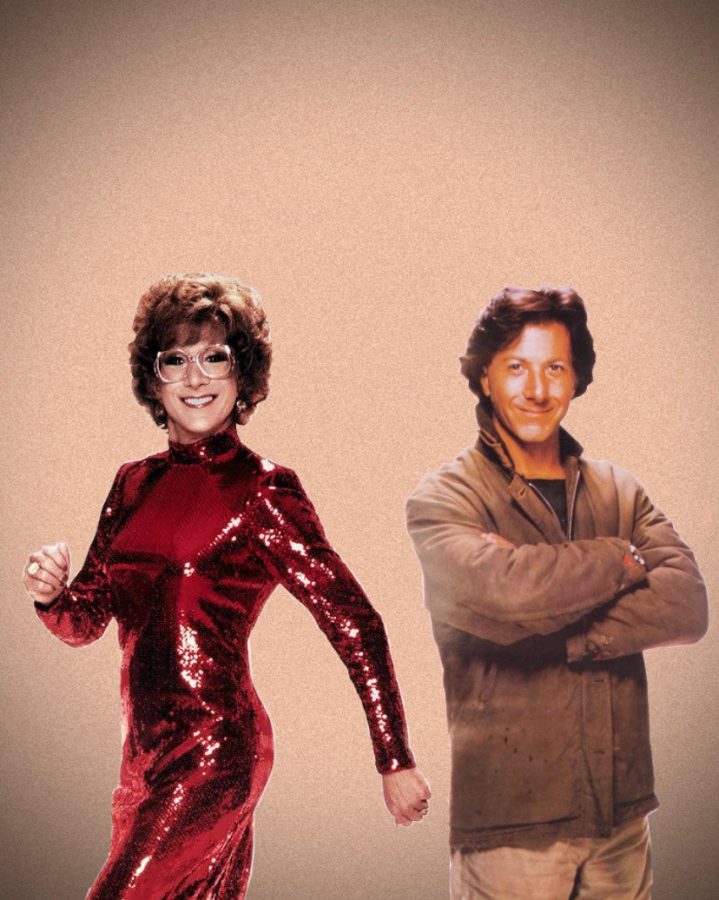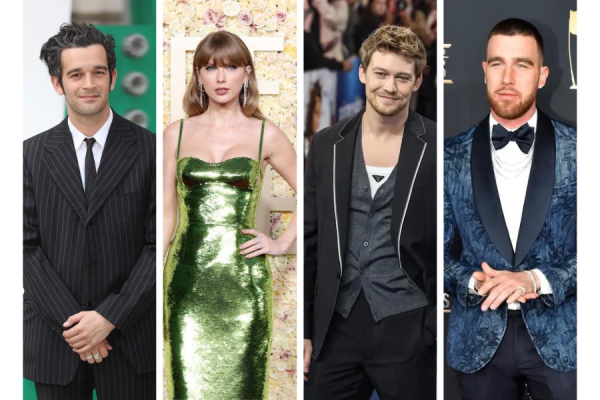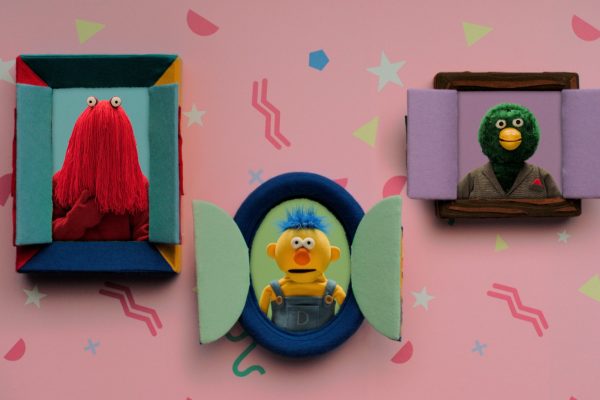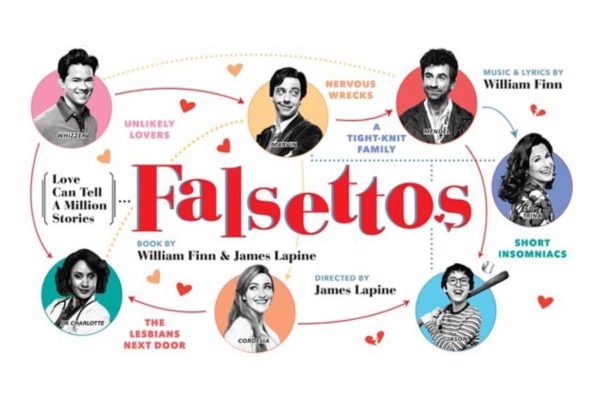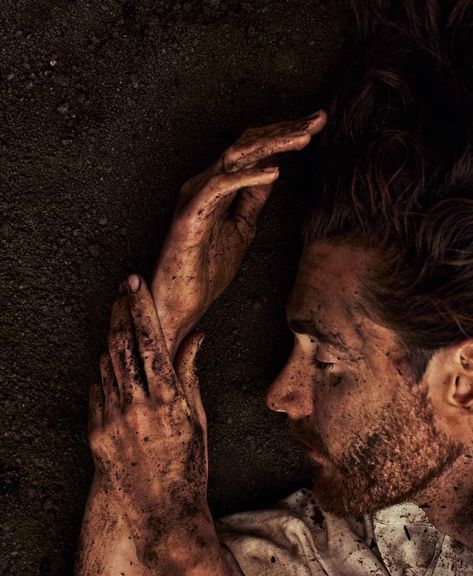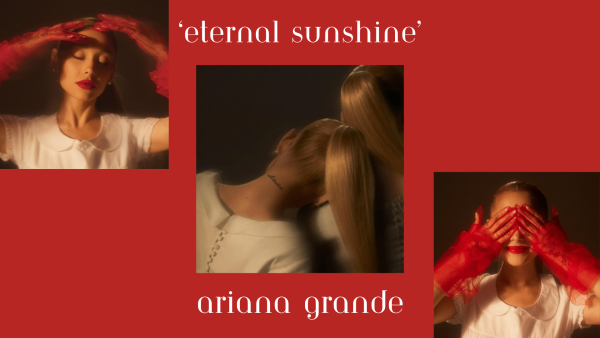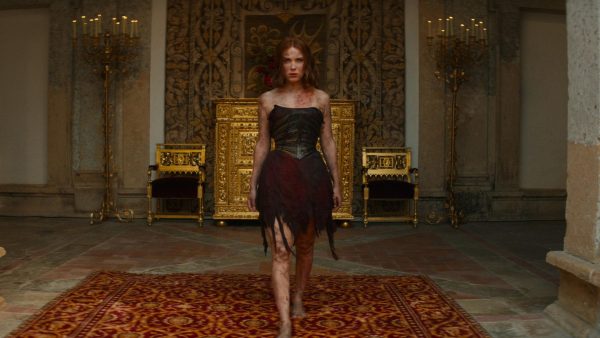“I know what y’all really want is some gross, caricature of a woman to prove some idiotic point that power makes a woman masculine, or masculine women are ugly”
Tootsie (1982)-AFI’s Top 100 Movies
May 4, 2023
To end the year on a light note, my final movie review will be over Sydney’s Pollack’s Tootsie (1982), starring Dustin Hoffman. Other notable actors include Bill Murray, Jessica Lange, as well as Geena Davis. This satirical comedy follows the life of struggling New York actor Michael Dorsey, and his desperation to find acting jobs. The movie itself found much success in the box office, and became the second highest grossing film of 1982 (after E.T. the Terrestrial). In the 55th Academy Awards, it was nominated for multiple accolades, but only won Best Actress (Jessica Lange). While being a light-hearted, hysterical film, Tootsie also takes moments to acknowledge the sexism seen in the film industry, as well as society’s take on modern relationships.
Michael Dorsey is an incredible actor, but also noted as incredibly difficult to work with. This reputation follows him as he constantly auditions for roles but never lands them. When his roommate Jeff Slater (Bill Murray) finishes writing his play, starring both Michael and their friend Sandy Lester (Teri Garr), Michael is frantic to find $8,000 in order to help pay for the production of the play, therefore giving him employment. When he discovers auditions for a female role on a soap opera, his desperation takes over and he takes on the role of a lifetime: his female alter-ego, “Dorothy Michaels”. As Dorothy Michaels, Michael lands the role of hospital administrator on Southwest General.
His role on the soap opera elevates his fame and status as an actor, and everyone is fooled by Michael’s scheme. However, it begins to work against him: he ends up falling for his co-worker, Julie Nichols (Jessica Lange). As Julie knows him only as “Dorothy”, they become very close friends, until Julie’s father, Les, falls for Dorothy and is unknowingly caught in a love triangle. Michael decides to abandon his scheme after Dorothy is offered another year on the show, and reveals his true identity to everyone during a live performance of one of the soap’s episodes. Julie is shocked and infuriated, and storms off the set after giving Michael a hard punch to the stomach.
As weeks go by, Michael is helping Jeff produce his play. He runs into Les at a bar, and returns the ring that Les used to propose to “Dorothy”. In spite of his embarrassment and anger, Les tells Michael that he was good company, even when in disguise as Dorothy. Through Les’ acceptance, Michael buys him beer and they spend time together playing pool.
Michael waits outside the studio to talk to Julie, who is reluctant to speak with him. She’s upset that she lost what she thought was her friendship with Dorothy, but Michael assures her that Dorothy is still inside him. The movie ends with her forgiving him, and the two walking side by side talking and laughing.
While being hilarious and buoyant, Tootsie (1982) also addresses sexism and gender role conflicts throughout the film. When Michael transforms into Dorothy, he experiences uncomfortable and inappropriate incidents with his male co-stars and director. His eyes widen when he sees firsthand his director engaging in inappropriate relations with Julie, and degrades her and the other female cast members, as well as Dorothy (Michael), with pet names like “sweetie” and “tootsie itself”. Michael gains a new perspective, and uses his female alter-ego to confront such actions by calling out the director and his actions through his character, Emily, on the soap opera.
Tootsie (1982) is great for a laugh, and has attained success and recognition from its amusing story line and performances from both Dustin Hoffman and Oscar-winner Jessica Lange. The film was able to communicate the subject of sexism, while also keeping an upbeat, comical tone.


